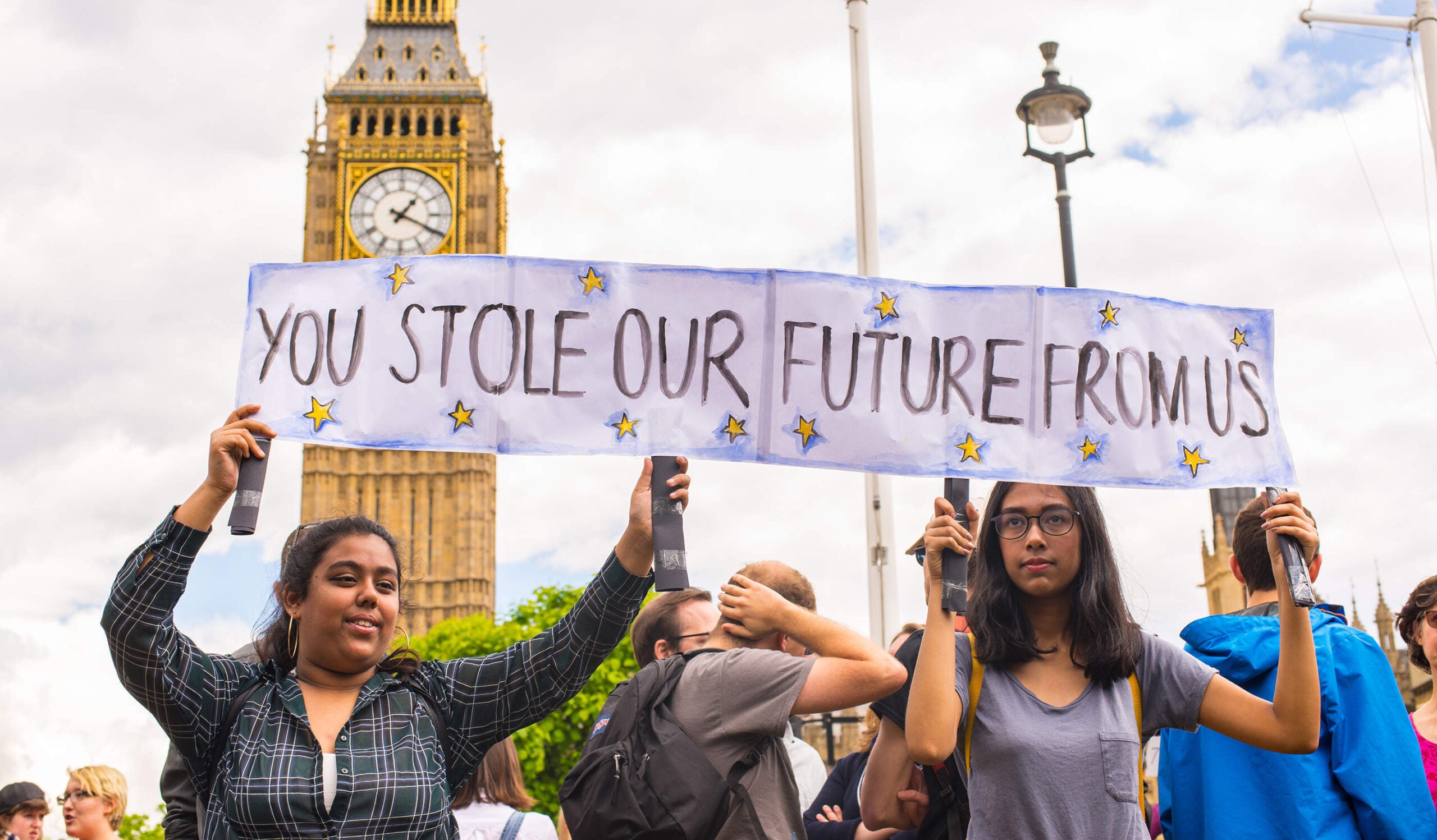
After the Brexit referendum last June which saw the UK vote to leave the European Union (EU), petitions sprang up to revoke the decision.
Here are the major petitions that been launched since the Brexit vote.
The second referendum vote
Over 4m people signed an online petition calling for a second referendum to be held, less than a week after the first one. It was set up prior to the vote and had been signed by 22 people by the time 23 June rolled around.
The petition said:
“We the undersigned call upon HM Government to implement a rule that if the remain or leave vote is less than 60 percent, based on a turnout of less than 75 percent, there should be another referendum.”
When then-prime minister David Cameron announced the UK would hold a referendum on its membership to the EU, minimum conditions on turnout or margin of victory were set.
How well do you really know your competitors?
Access the most comprehensive Company Profiles on the market, powered by GlobalData. Save hours of research. Gain competitive edge.

Thank you!
Your download email will arrive shortly
Not ready to buy yet? Download a free sample
We are confident about the unique quality of our Company Profiles. However, we want you to make the most beneficial decision for your business, so we offer a free sample that you can download by submitting the below form
By GlobalDataThe final result saw 17.4m (51.9 percent) of votes cast to leave the EU, compared with 16.1m (48.1 percent) who voted to remain, with a turnout of 72.2 percent.
As the petition reached the recommended threshold of 100,000 signatures for it to be debated in parliament, MPs discussed the petition in the House of Commons in September. However, MPs chose not to go forward with a second vote.
Robin Walker, a minister from DexEU (Department for exiting the EU), ended the debate saying:
“This was a once in a generation vote and that decision must be respected.”
Make supporting the EU a crime
After the Brexit vote, those who voted to remain in the EU were accused of being “remoaners” for complaining and protesting about the referendum result.
To end the remoaning, the Vote Leave coordinator for Guildford and Conservative councillor, Christian Holliday, launched a petition to make supporting the EU a crime. It has the catchy title of ‘Amend the Treason Felony Act to make supporting UK membership of the EU a crime.”
The petition called on Westminister to ensure the following offences were added to the act:
“To imagine, devise, promote, or encourage others to support UK becoming a member of the EU. To conspire with foreign powers to make the UK or part of the UK become a member of the EU.”
In October, the petition only had 71 signatures and it is now unavailable to see on parliament’s petition site so lo, it will not come to pass.
The petition from businesses
In April, business leaders form across Europe came together to call for continued trade between the UK and the continent after Brexit officially occurs, which should be 29 March 2019.
A declaration agreed by members of the Alliance of European Metropolitan Chambers said that a so-called hard Brexit would “pose significant risk to job creation and wealth production in the UK, the EU and wider Europe.”
A hard Brexit is likely to see the UK leave the single market because of certain conditions, such as freedom of movement, that the UK doesn’t want to implement after it leaves the union.
Business chambers from Paris, Berlin, Barcelona and Frankfurt met with their London counterpart, the London Chamber of Commerce and Industry (LCCI). The chief executive of the LCCI, Colin Stanbridge, said:
“We are all in a unique political situation, cities across Europe are anxious about the future post-Brexit. We have always enjoyed working alongside our European Chamber colleagues but now is a chance to solidify those relationships and ensure we have an even stronger partnership moving forward.”







